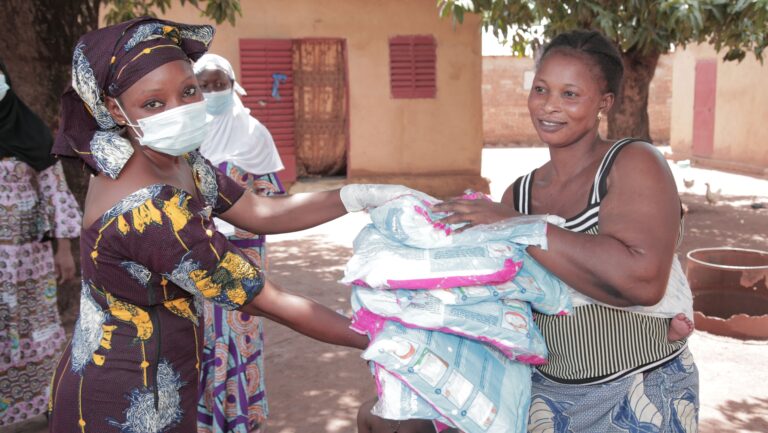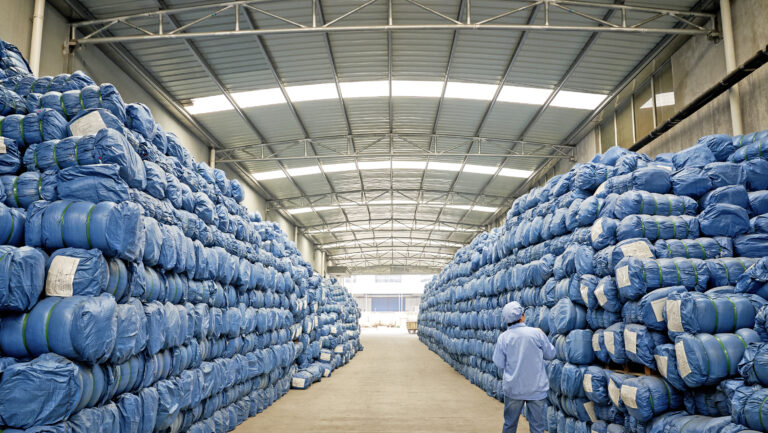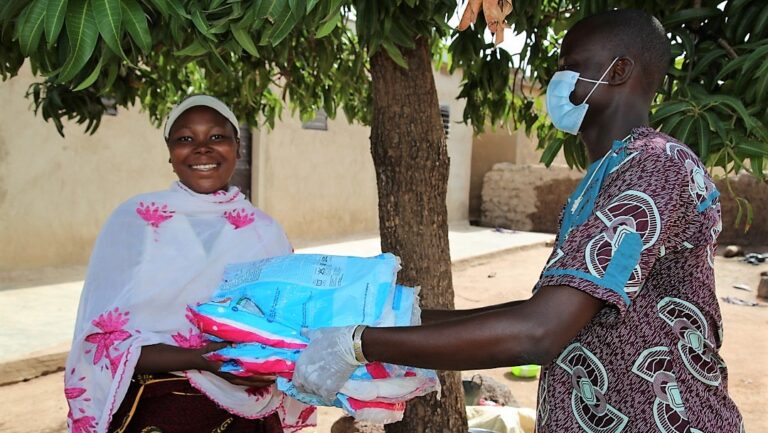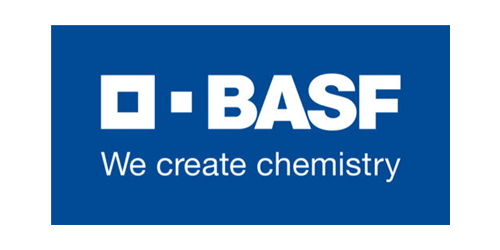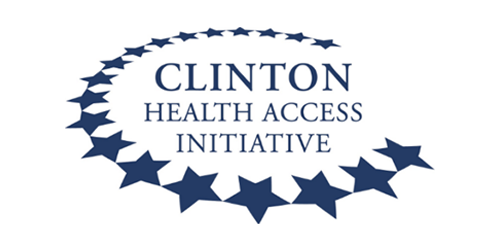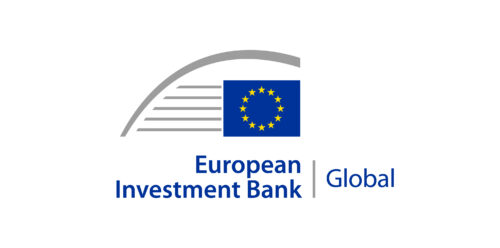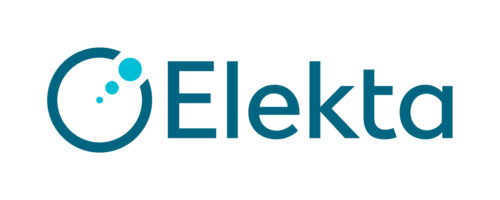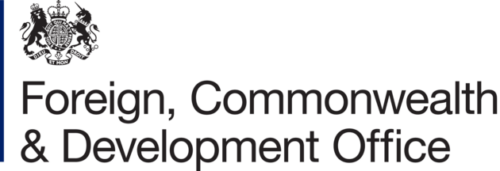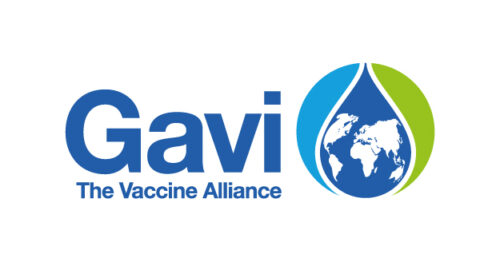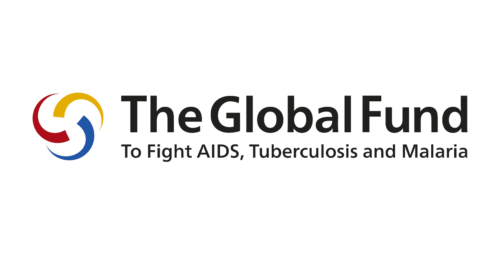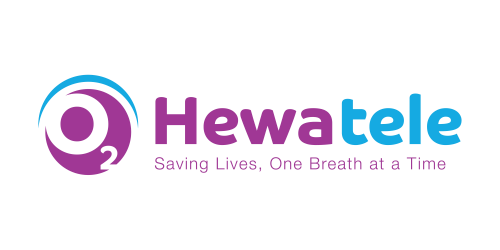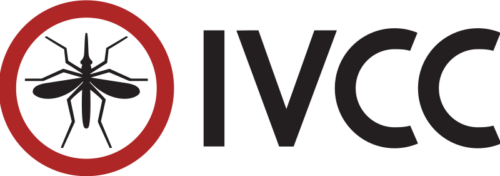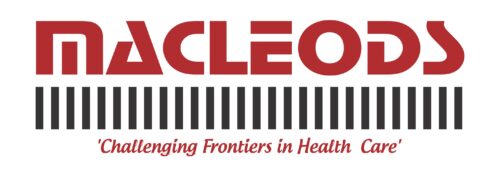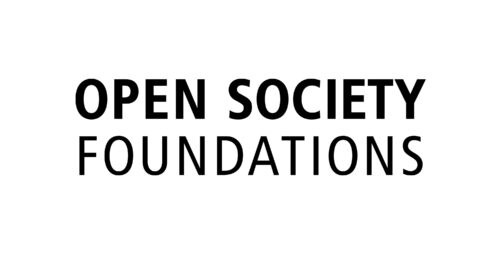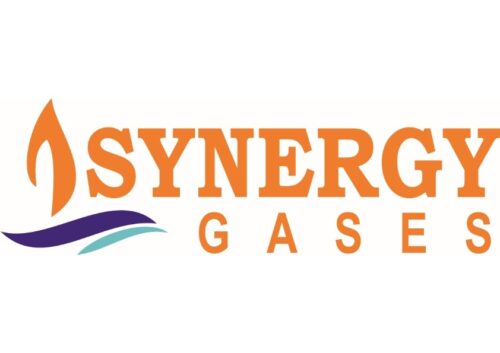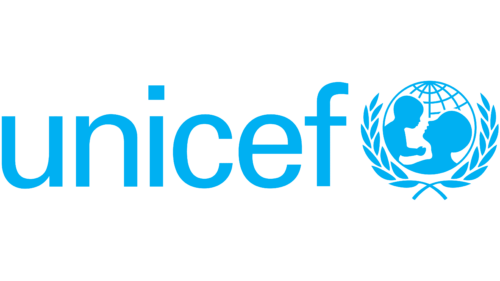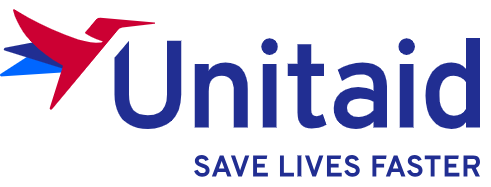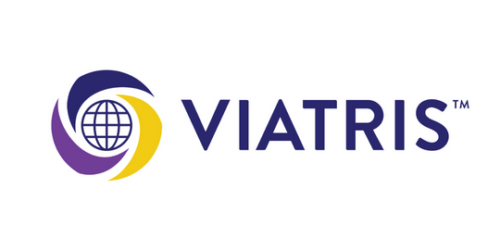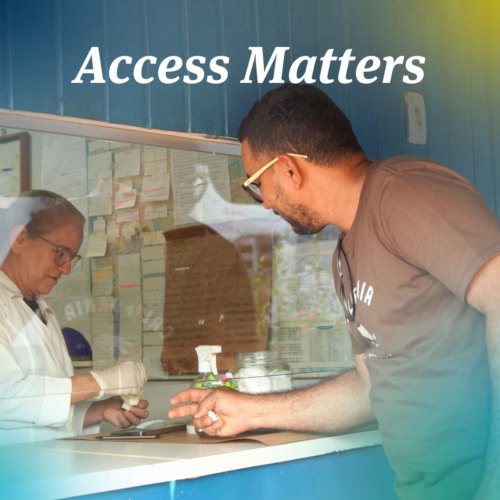The price of new BASF Interceptor® G2 mosquito nets will be reduced by 40% for underserved communities thanks to a new MedAccess partnership.
Today in Lyon, MedAccess announced a four-year agreement with global chemical producer BASF to reduce the price of 35 million next generation mosquito nets, the BASF Interceptor® G2.
The collaboration between MedAccess, BASF and The Bill and Melinda Gates Foundation accelerates access to a new and innovative mosquito-control technology at lower prices in countries that need it most.
The announcement was made on the eve of the Sixth Replenishment for the Global Fund to Fight AIDS, TB, and Malaria, in Lyon, France.
Around the world, every two minutes a child dies from malaria. There are an estimated 219 million new cases every year. Nowhere is the problem more severe than in Africa with more than 90% of deaths.
Swift access to the latest medicines and treatments remains a major obstacle for governments tackling diseases such as malaria at scale.
The MedAccess innovative finance model has been instrumental in speeding up the process, via this partnership.
Tackling insecticide resistance
Beyond loss of life, malaria disrupts education, industries and national economies. The disease is preventable and curable, and in recent years, significant progress has been made.
Since 2010, nearly seven million lives have been saved largely due to the distribution of insecticide-treated mosquito nets.
However, the highly-adaptable mosquito has developed resistance to public health insecticides, causing malaria rates to rise after many years of decline. More than 60 countries now report resistance to at least one insecticide class used to combat malaria.
Thirty-five million nets
Our volume guarantee enables BASF to plan long-term resources better and reduce the cost of the new nets by an average of 40% over the contract period.
This will make the nets more accessible and affordable for countries where insecticide resistance is growing, and where conventional nets are becoming less effective.
The new nets will help to protect the health of millions of people particularly in countries across sub-Saharan Africa, including Burkina Faso, Côte d’Ivoire and Mali.
New class of chemistry
BASF’s new mosquito net is based on two insecticides and has been designed specifically to combat resistance in the fight against malaria.
For more than a decade, BASF scientists worked to successfully repurpose alpha-cypermethrin and chlorfenapyr, a completely new insecticide class for public health, for use together on mosquito nets.
The dual-insecticide net received an interim recommendation from the World Health Organization in 2017 – the first for a product based on a new class of chemistry in more than 30 years.
Burkina Faso will be one of the first countries to roll out the new nets later in the year.
